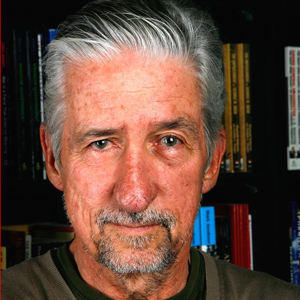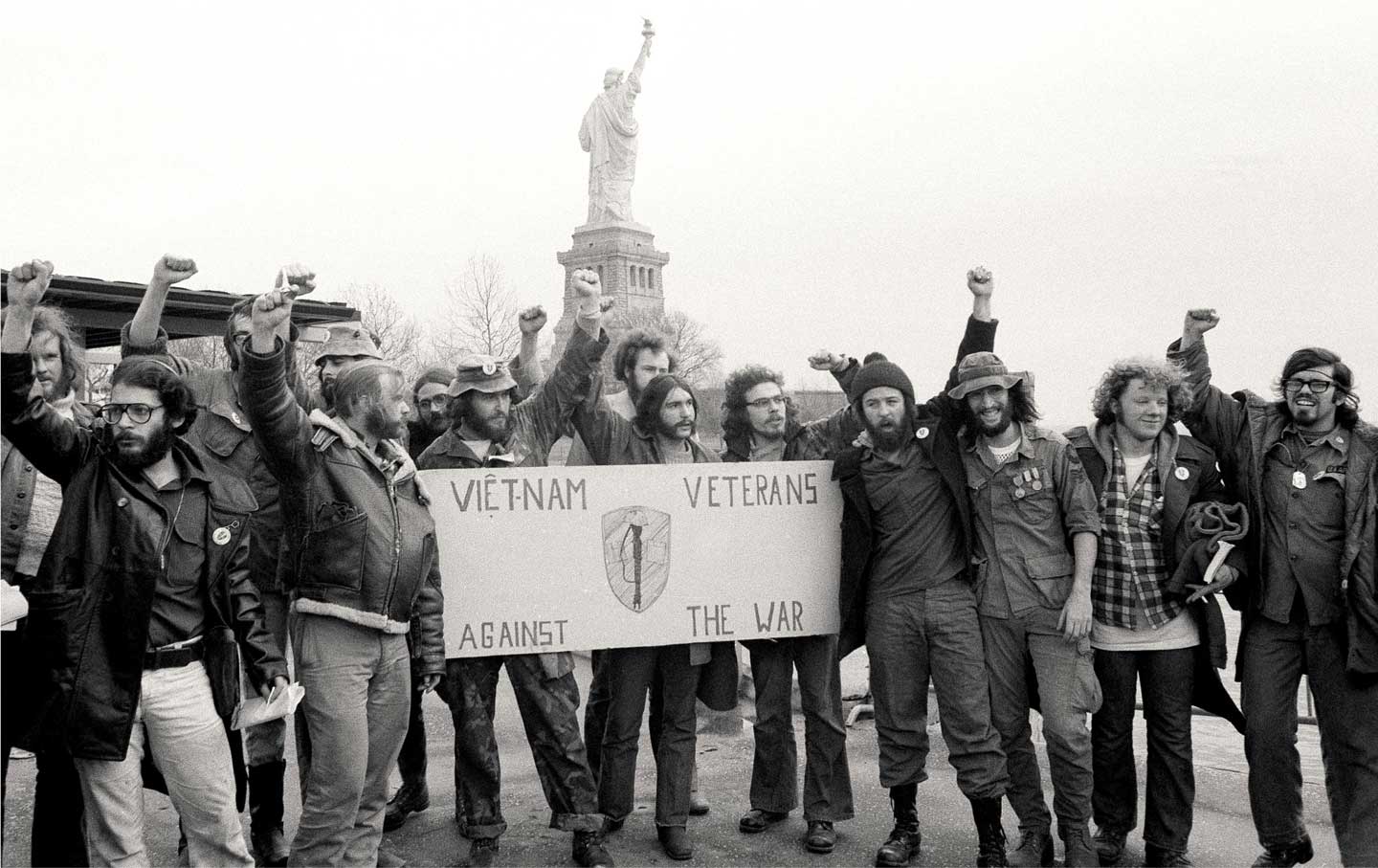
The Forgotten Power of the Vietnam Peace Movement The Forgotten Power of the Vietnam Peace Movement
An eloquent call to reclaim our history and honor those who resisted the war, from a key architect of the opposition.
Jan 5, 2017 / Feature / Tom Hayden

America Needs a New Peace Movement—Especially if Clinton Wins in November America Needs a New Peace Movement—Especially if Clinton Wins in November
Another escalation, especially in Syria, is the present danger.
Jun 30, 2016 / Tom Hayden

I Used to Support Bernie, but Then I Changed My Mind I Used to Support Bernie, but Then I Changed My Mind
I have a variety of concerns about both candidates’ campaigns. But I intend to vote for Hillary Clinton in the California primary for one fundamental reason.
Apr 12, 2016 / Tom Hayden
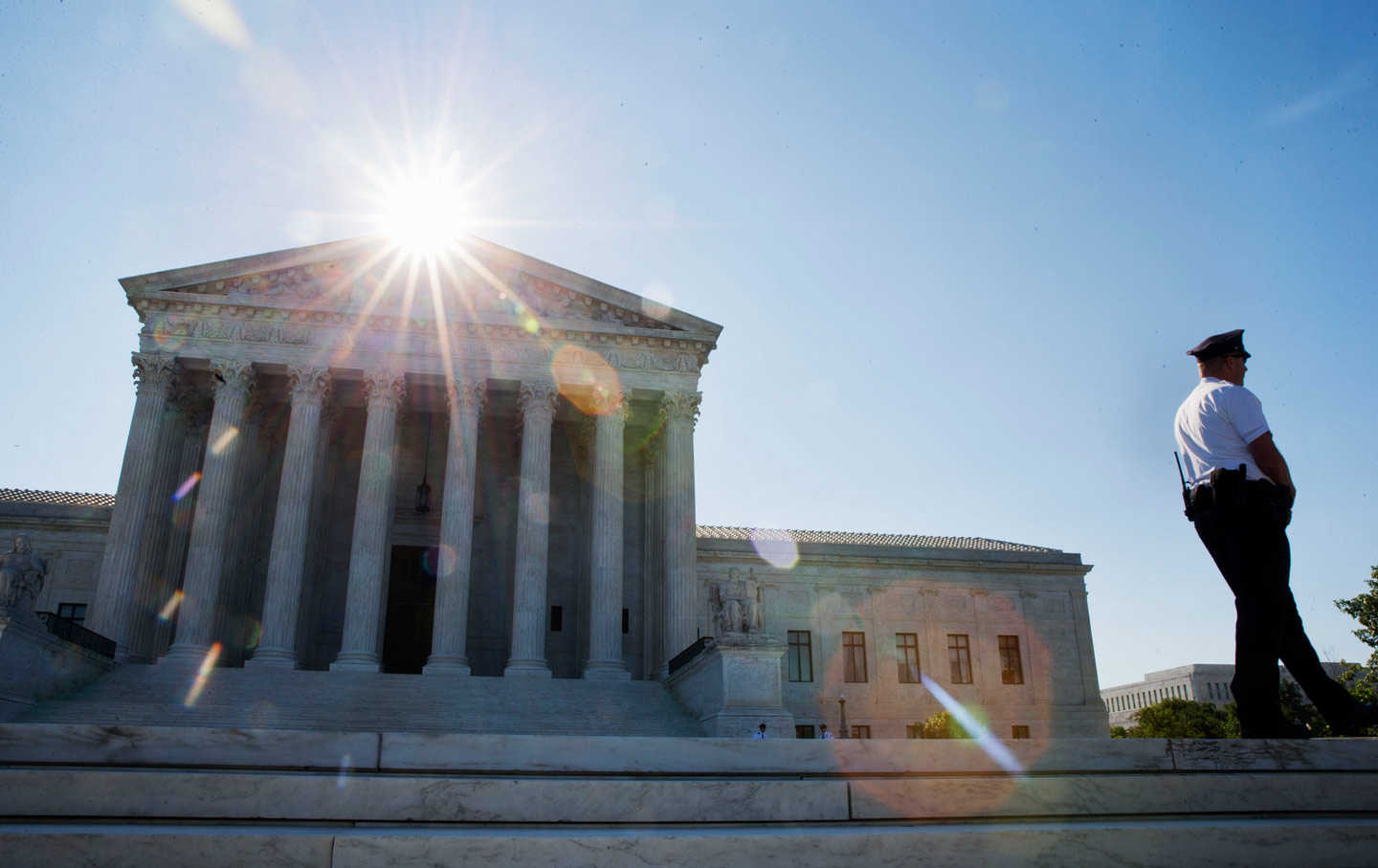
Why Republicans Won’t Give Up Without a Fight on Obama’s Supreme Court Nominee Why Republicans Won’t Give Up Without a Fight on Obama’s Supreme Court Nominee
Scalia’s passing represents not only the death of one justice. It’s the end of an era and the coming of a multicultural, multiracial America.
Feb 23, 2016 / Tom Hayden

It’s Time to Lock In the Wins of the Climate Movement It’s Time to Lock In the Wins of the Climate Movement
This is a new generation’s moment in history.
Oct 1, 2015 / Tom Hayden
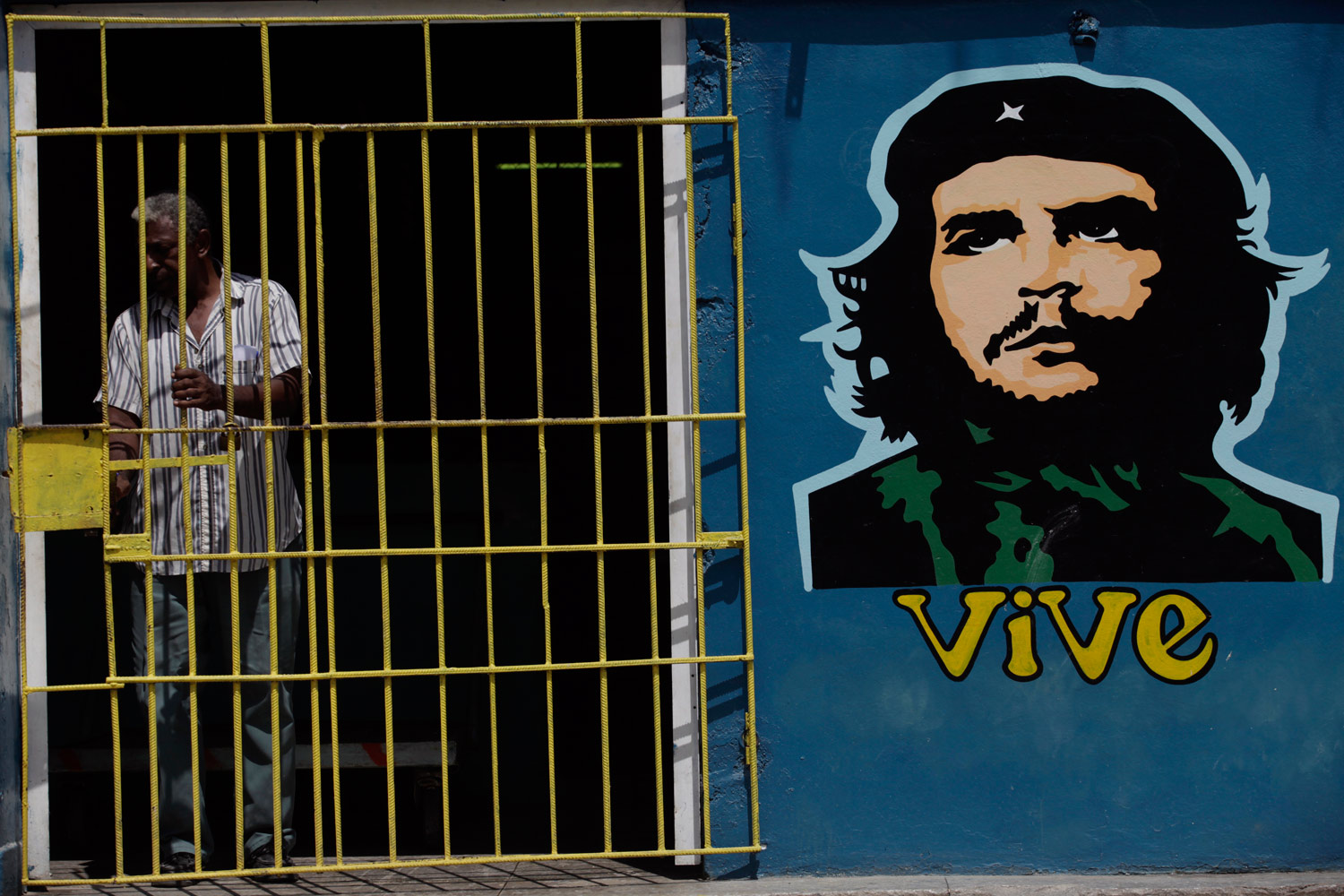
How Shifting Immigrant Tides Encouraged Normalization With Cuba How Shifting Immigrant Tides Encouraged Normalization With Cuba
The Cuban people are beginning a new chapter in what José Martí called ‘‘our America.’’
May 27, 2015 / Tom Hayden
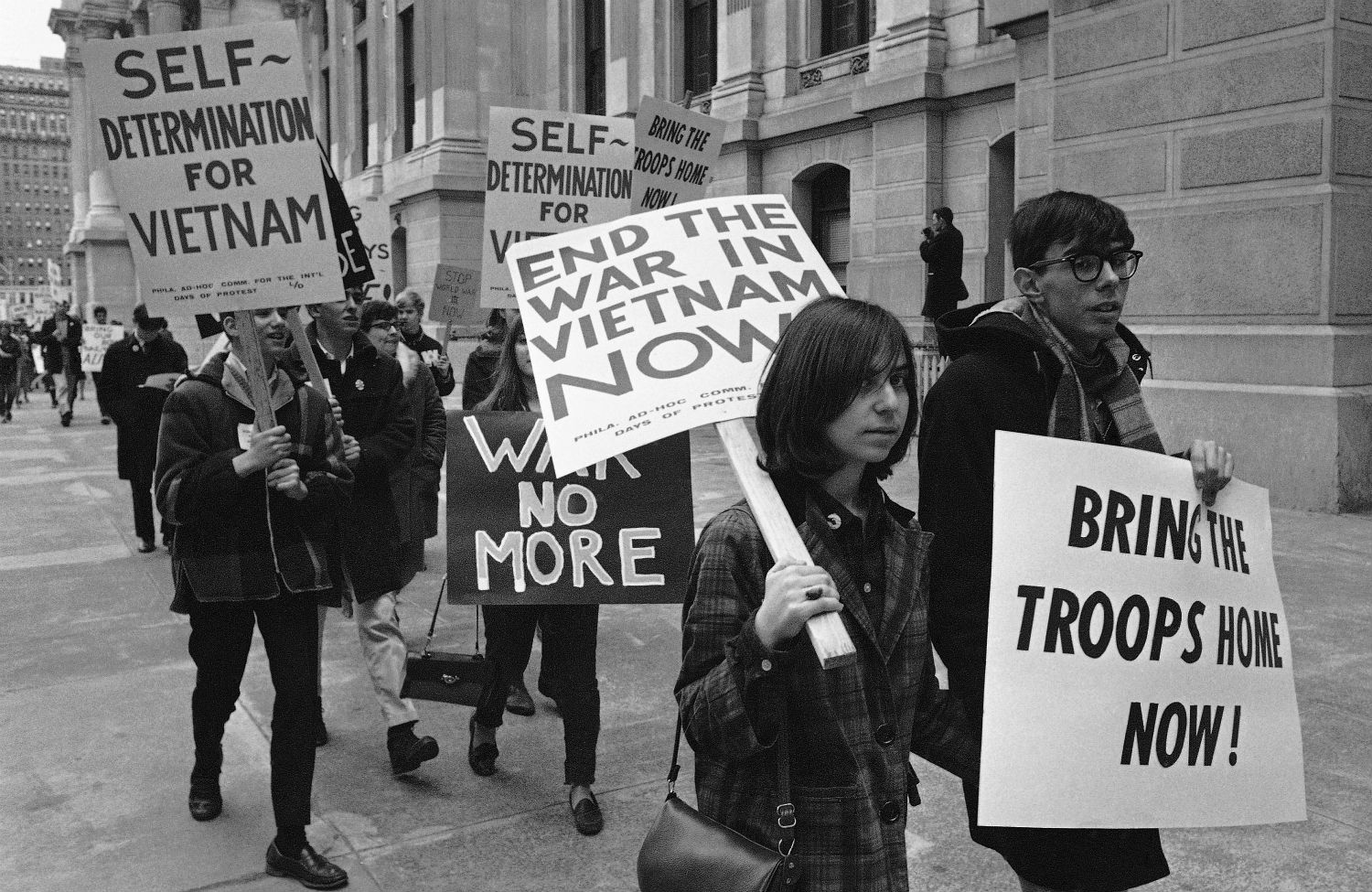
Who Will Tell the Story of the Peace Movement? Who Will Tell the Story of the Peace Movement?
As the nation marks the 50th anniversary of the Vietnam War, the efforts of the anti-war movement are being erased from history.
Apr 30, 2015 / Tom Hayden
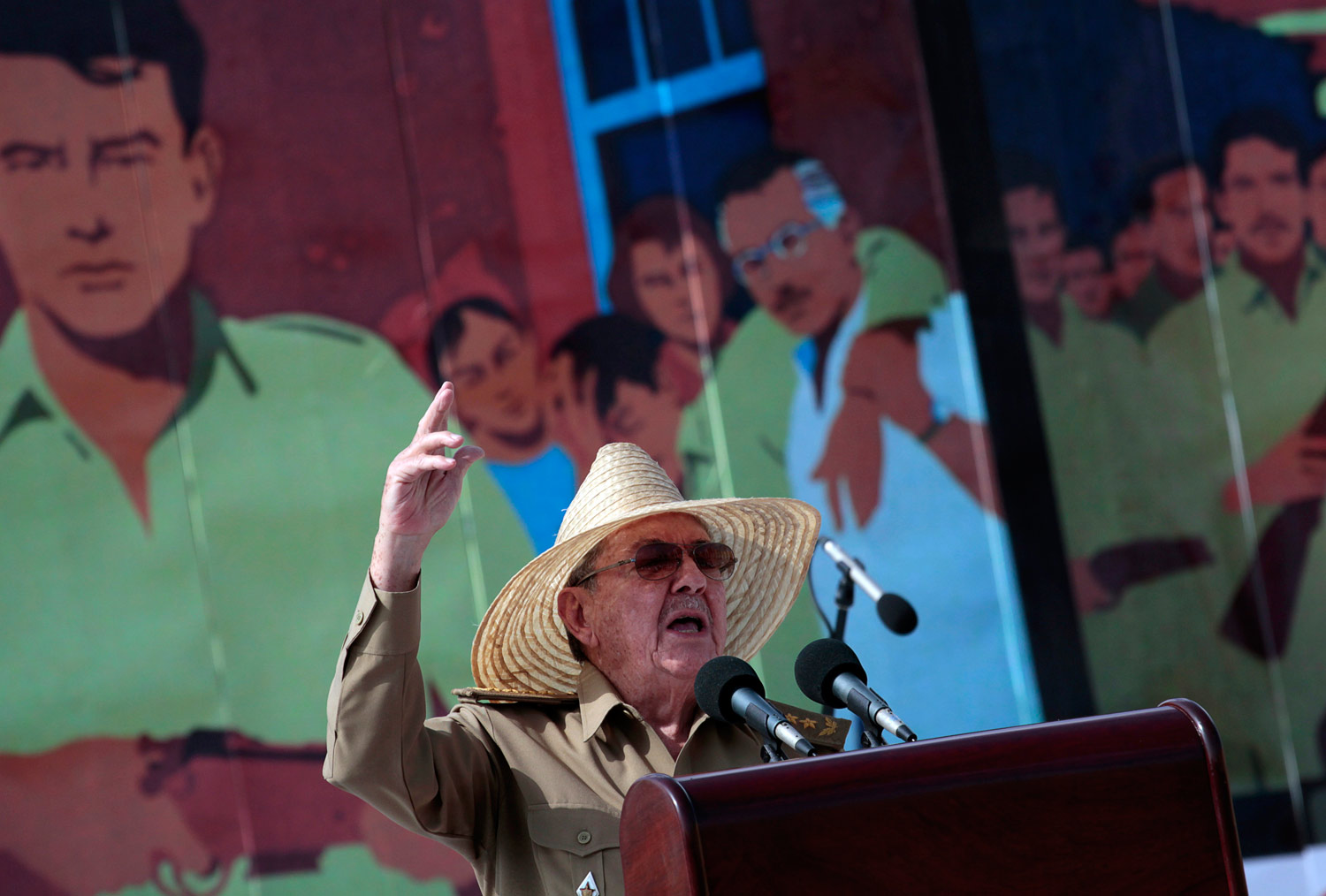
Why the US-Cuba Deal Really Is a Victory for the Cuban Revolution Why the US-Cuba Deal Really Is a Victory for the Cuban Revolution
The left should recall and applaud the long resistance of tiny Cuba to the northern Goliath.
Dec 17, 2014 / Tom Hayden
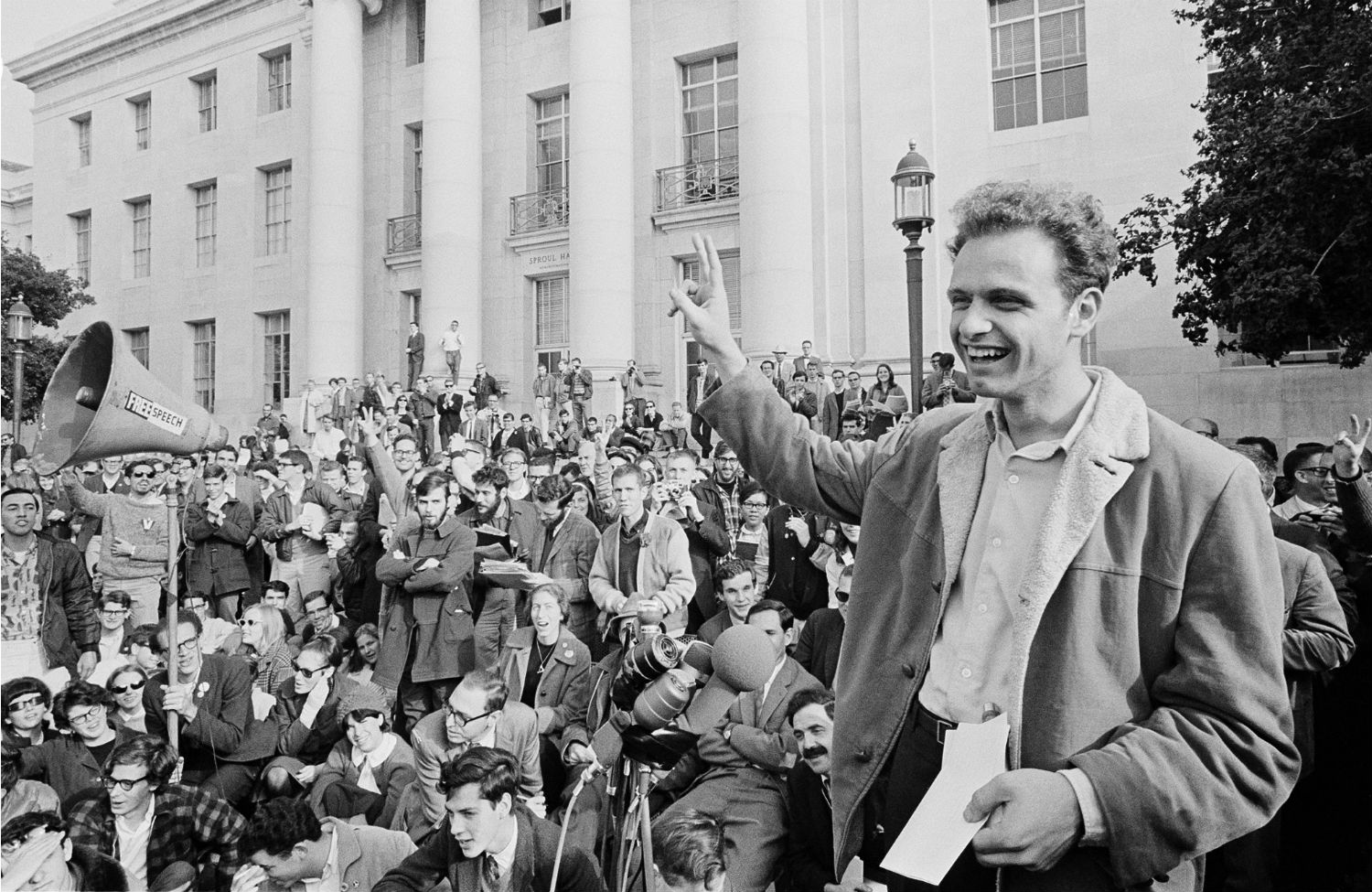
Remembering Mario Savio, ‘Freedom’s Orator’ Remembering Mario Savio, ‘Freedom’s Orator’
The man who helped spark Berkeley’s Free Speech Movement fifty years ago would have championed today’s activism, from the Dreamers to Occupy to Ferguson.
Dec 10, 2014 / Books & the Arts / Tom Hayden
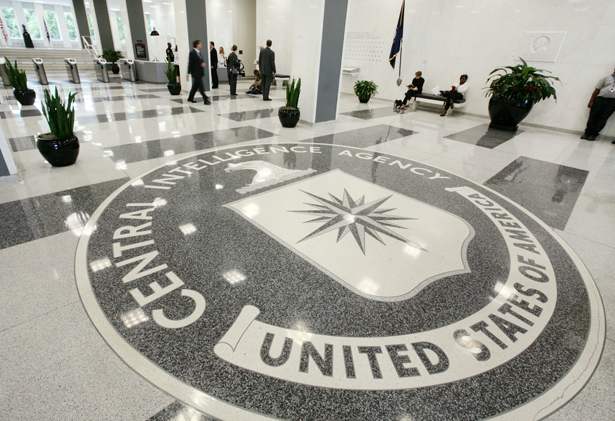
The CIA’s Student-Activism Phase The CIA’s Student-Activism Phase
In the 1960s, the agency sought to fight Communism through the students’ rights movement. There’s little reason to think its tactics have changed.
Nov 26, 2014 / Tom Hayden

